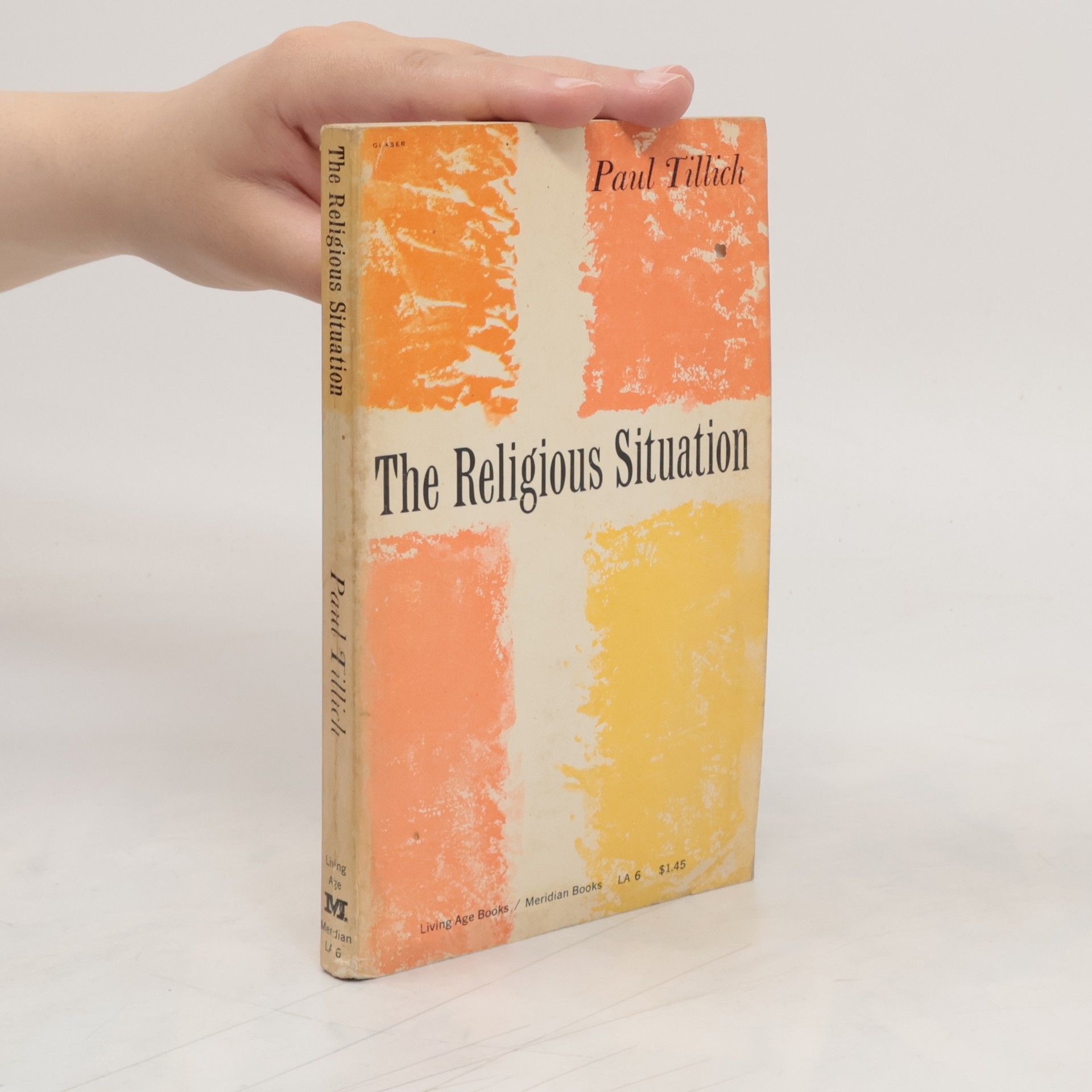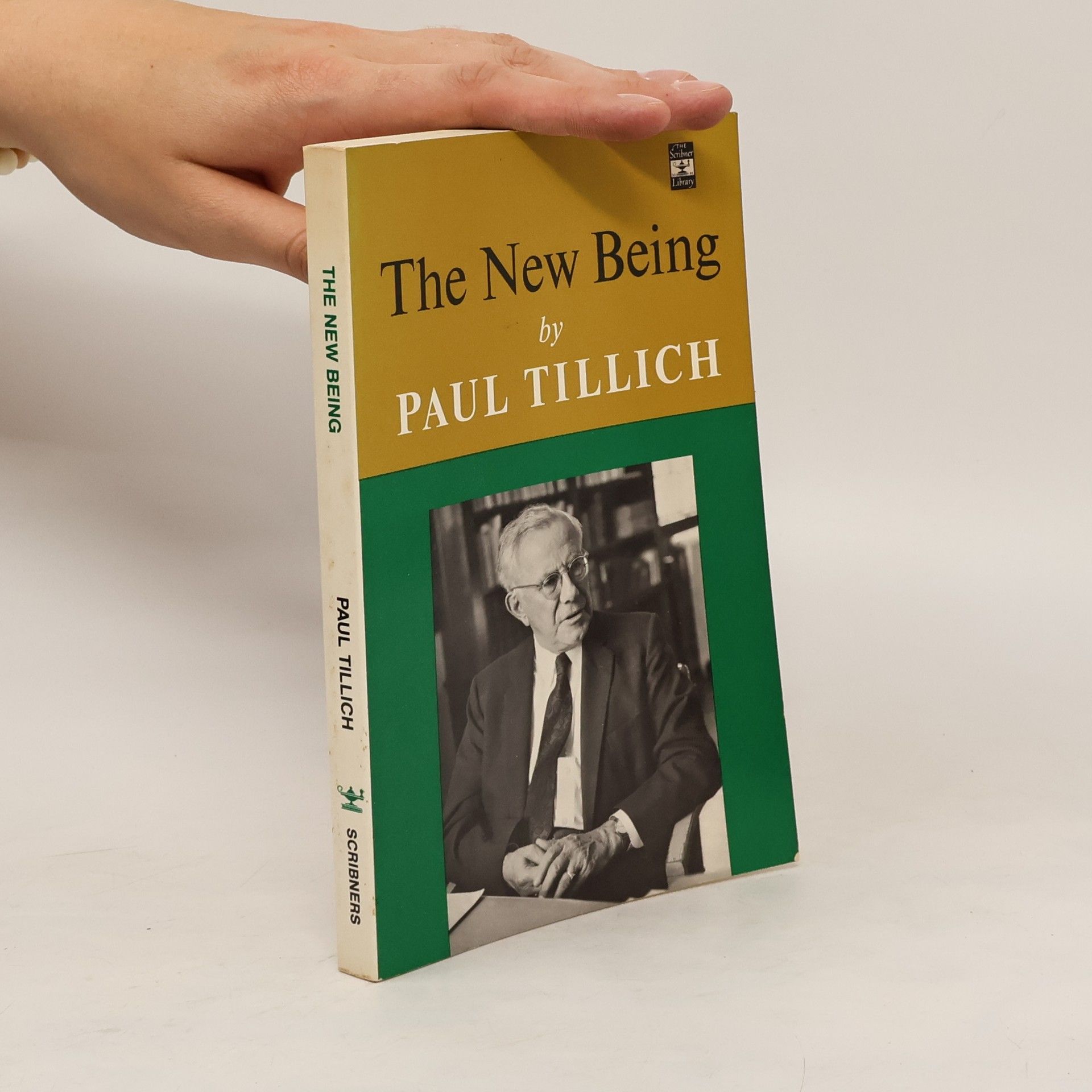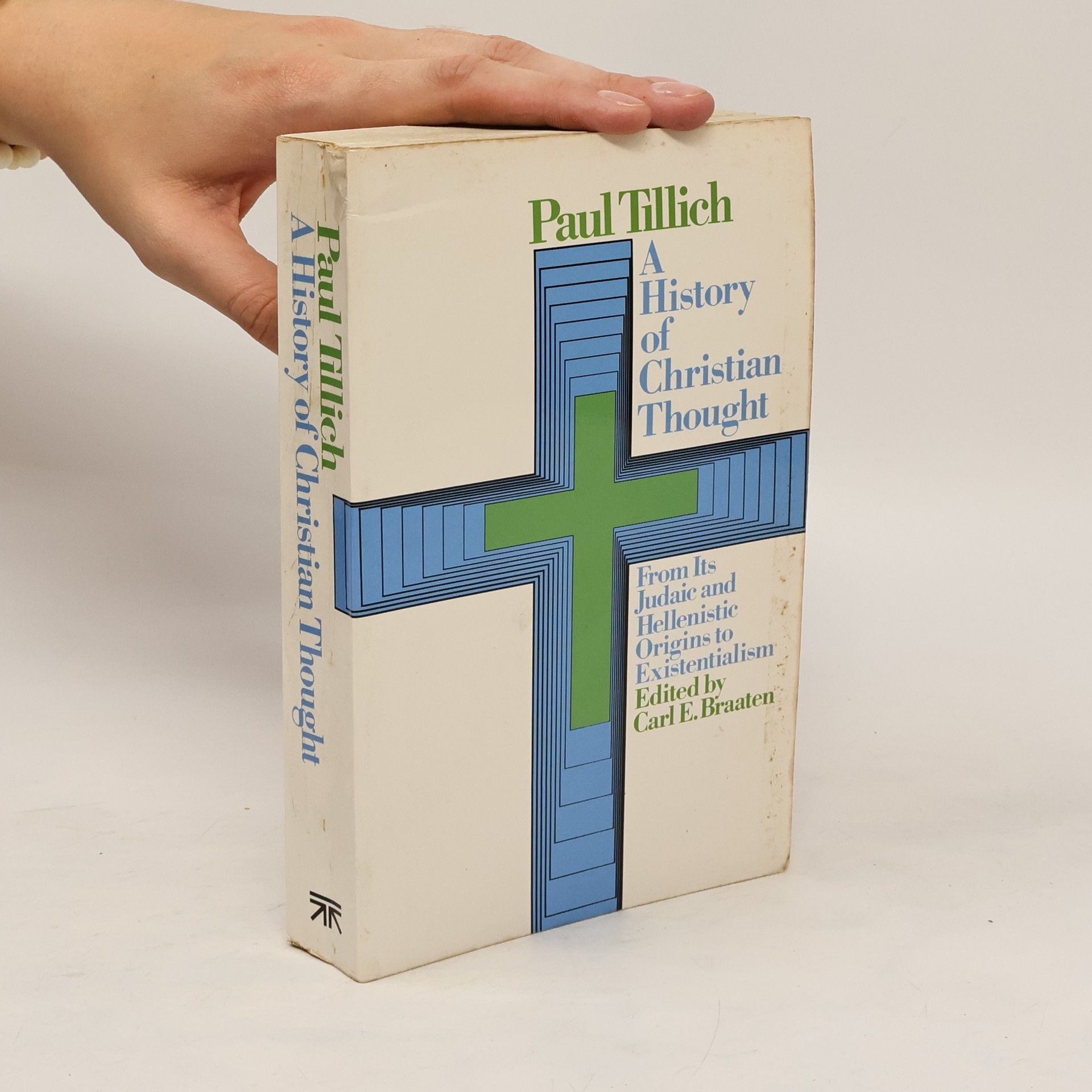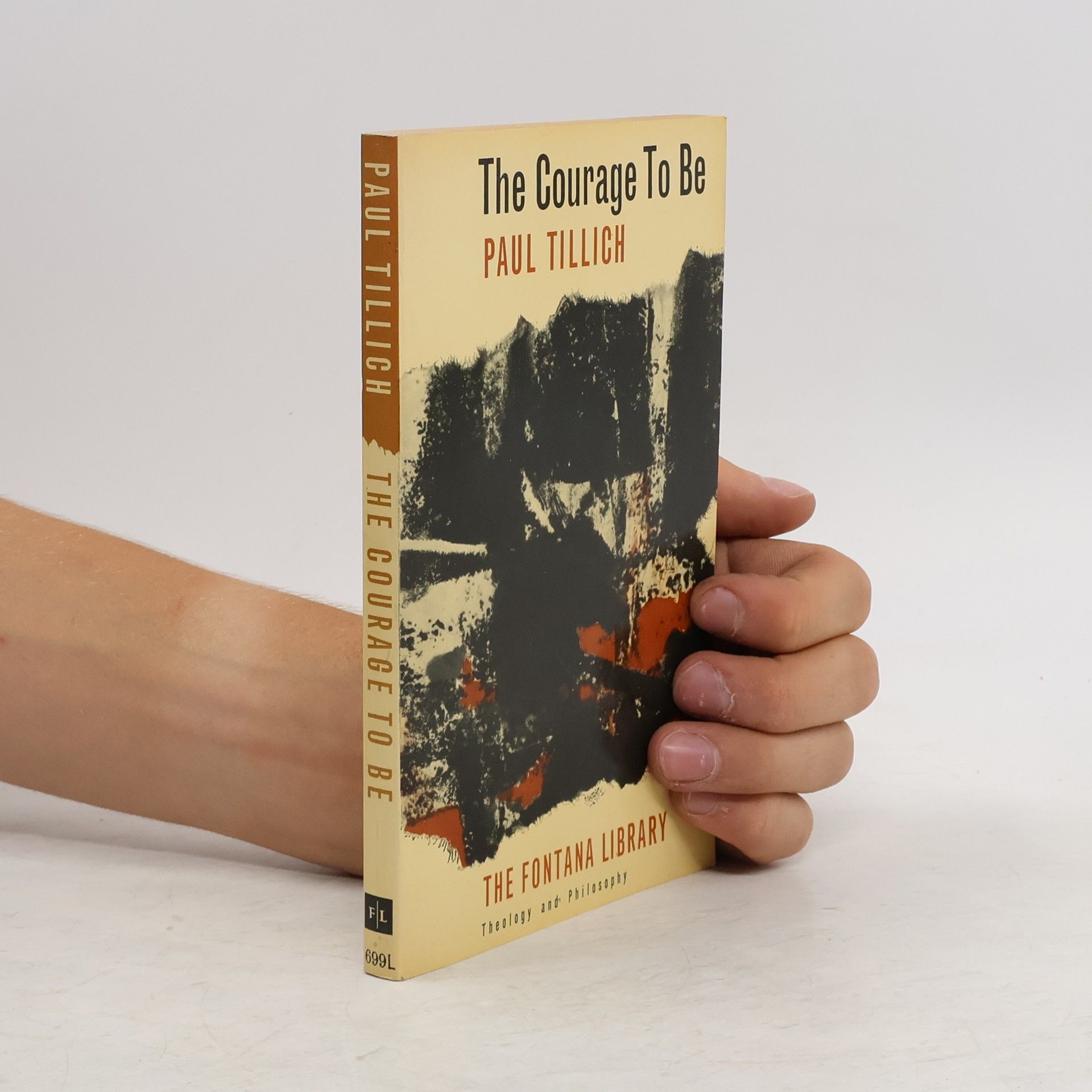Systematic Theology Vol. 3
- 448pages
- 16 heures de lecture
The third volume of Paul Tillich's most important work, his Systematic Theology. Volumes 1 and 2 are also available.
Paul Tillich était un théologien germano-américain et un philosophe existentialiste chrétien, reconnu comme l'un des penseurs protestants les plus influents du XXe siècle. Il est réputé pour avoir fait le pont entre la théologie et la culture moderne, explorant les questions profondes de l'existence humaine à travers le prisme de la révélation chrétienne. Tillich a développé sa distincte 'méthode de corrélation' pour articuler comment les symboles de la foi abordent les crises existentielles de la vie contemporaine. Son travail est célébré pour avoir rendu accessibles des questions théologiques et philosophiques complexes, en abordant des thèmes tels que le courage et les dynamiques de la foi.







The third volume of Paul Tillich's most important work, his Systematic Theology. Volumes 1 and 2 are also available.
In this classic, deeply insightful book, one of the world's most eminent philosophers describes the dilemma of modern humans & points a way to the conquest of the problem of anxiety.
Sixteen sermons delivered over the past eight years, revealing man's insecurities, evasions and fears, offering him God's blessing.
Professor Tillich analyzes the development of Christian theology.
In these sermons on various problems of life, a world famous theologian speaks profoundly to both mind and heart.
A collection of four Bampton Lectures given in the fall of 1961in the Low Memorial Library of Columbia University on decisive Christian points of views on other religions. The topics discussed include the emphasis on and the characterization of quasi-religions, the elaboration of the universalist element in Christianity, the suggestion of a dynamic typology of the religions, the dialogical character of the encounter of high religions, and the judgment of Christianity against itself as a religion and its ensuing openness for criticism.
First published in the US in 1956, in these lectures Professor Tillich analyzes the development of Christian theology. This classic is for theology students and others interested in the range of Church history and teaching. In A History of Christian Thought, Paul Tillich has accomplished the supremely difficult feat of creating a work at once brilliantly authoritative and comprehensive, while remaining clear and uncluttered by scholarly annotation and debate. Originally delivered as lectures at the Union Theological Seminary and at the Divinity School of the University of Chicago, Professor Tillich guides the reader through the fascinating history of Christian thought with a confidence and clarity of presentation only a great scholar and teacher possesses.
Focusing on central Christian concepts such as faith and love, this collection showcases the influential thoughts of Paul Tillich, a key figure in 20th-century public theology. It includes four significant works that delve into the role of the Bible and examines Christianity's relevance in contemporary society, offering readers a comprehensive introduction to Tillich's philosophical theology and his unique contributions to modern religious discourse.